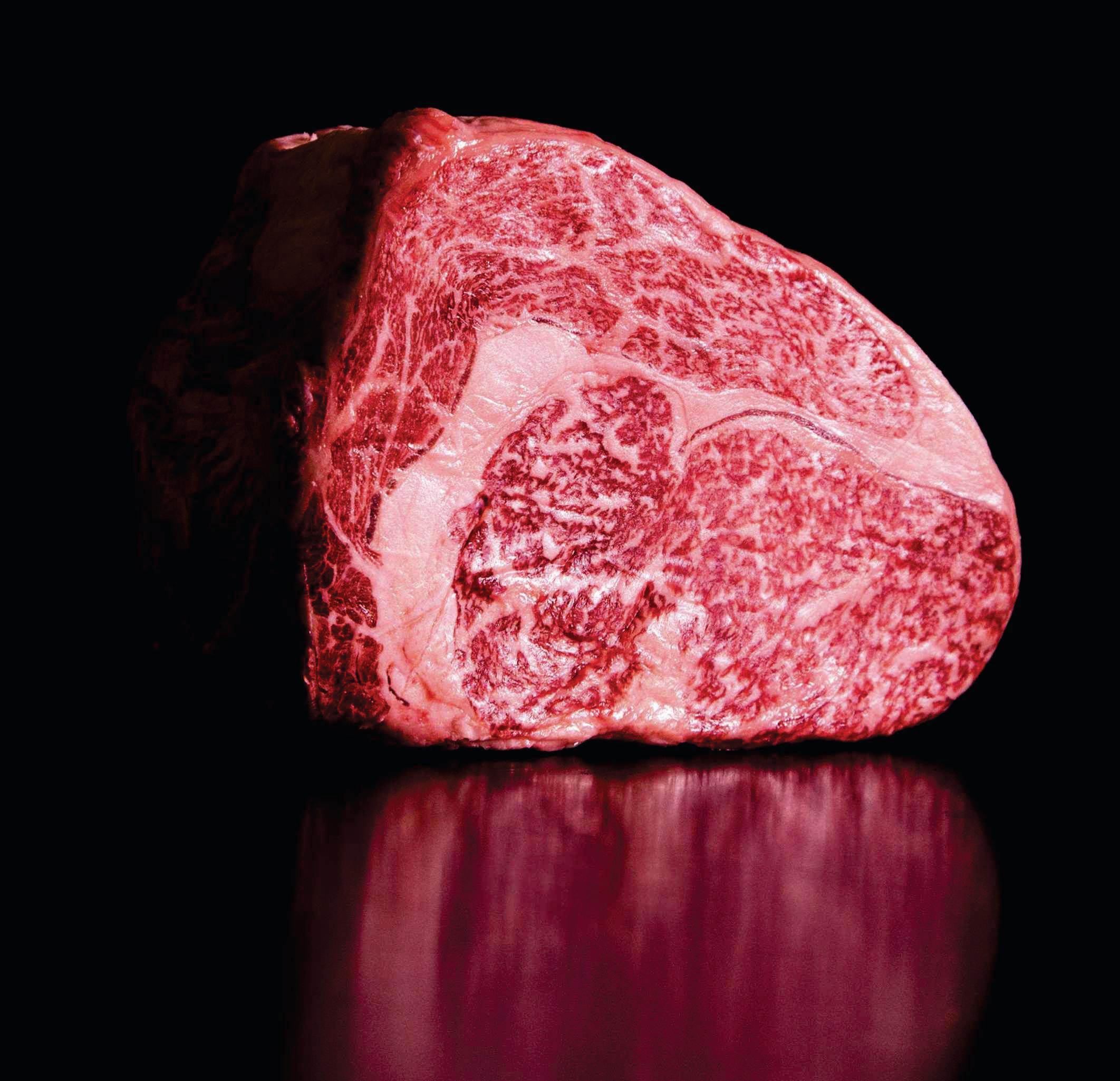Prøve GULL - Gratis
Scientists identify a better predictor for heart health than BMI
BBC Science Focus
|February 2025
You want this fat in your steak, but not in your muscles
-

For those of us that eat red meat, there's nothing better than a fat-marbled steak. Japanese Wagyu beef, in particular, is prized for the streaks of white fat that ribbon intricately through the red meat.
Now experts are saying that not only does this kind of fat exist in human muscle, but that an excess can be a better indicator of heart health than the measurements we currently use.
The pockets of fat dispersed throughout muscle are known as intermuscular adipose tissue (IMAT). Although experts have known about the existence of IMAT in animals since 1972, it's only been studied in humans since the turn of the century, thanks to advances in non-invasive imaging technology, such as computed tomography (CT) scans.
Now, a team of researchers at Brigham and Women's Hospital in Boston, in the US, has released a study identifying IMAT as the single best indicator for the risk of heart disease and heart attacks.
FINDING THE FAT
The team evaluated 669 people brought to their facility for chest pain and shortness of breath, but who showed no signs of obstructed (fat-clogged) arteries. They gave each patient a CT scan to determine the amount and location of fat and muscle in their bodies.
Denne historien er fra February 2025-utgaven av BBC Science Focus.
Abonner på Magzter GOLD for å få tilgang til tusenvis av kuraterte premiumhistorier og over 9000 magasiner og aviser.
Allerede abonnent? Logg på
FLERE HISTORIER FRA BBC Science Focus

BBC Science Focus
World's biggest cobweb is home to 100,000 spiders
Spiders don't normally create such large colonies, so there's no need to worry about finding one in your basement
1 min
February 2026

BBC Science Focus
A dementia vaccine could be gamechanging – and available already
Getting vaccinated against shingles could protect you from getting dementia, or slow the progression of the disease
1 mins
February 2026

BBC Science Focus
DATA IN SPACE
An unusual spacecraft reached orbit in November 2025, one that might herald the dawn of a new era.
7 mins
February 2026

BBC Science Focus
Climate change is already shrinking your salary
No matter where you live, a new study has found warmer temperatures are picking your pocket
4 mins
February 2026

BBC Science Focus
A MENTAL HEALTH GLOW-UP
Forget fine lines. Could Botox give you an unexpected mental health tweakment?
3 mins
February 2026
BBC Science Focus
Most people with high cholesterol gene don't know they have it
Standard testing struggles to detect the condition
1 mins
February 2026

BBC Science Focus
HOW CAN I BOOST MY IQ?
If you're serious about getting smarter, it's time to ditch the brain-training apps
4 mins
February 2026

BBC Science Focus
Humans are absolutely terrible at reading dogs' emotions
Think you can tell how our furry friends are feeling? Think again
1 mins
February 2026

BBC Science Focus
HOW TO TEACH AI RIGHT FROM WRONG
If we want to get good responses from AI, we may need to see what it does when we ask it to be evil
3 mins
February 2026

BBC Science Focus
What Australia's social media ban could really mean for under-16s
Many people think social media is bad for our kids. Australia is trying to prove it
5 mins
February 2026
Listen
Translate
Change font size

